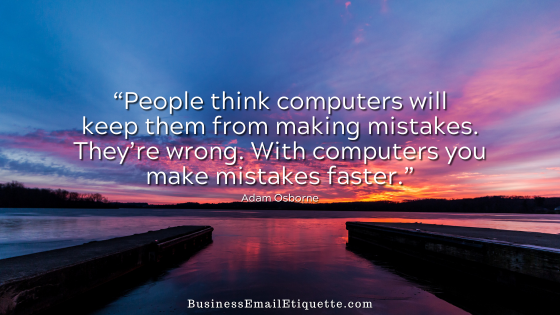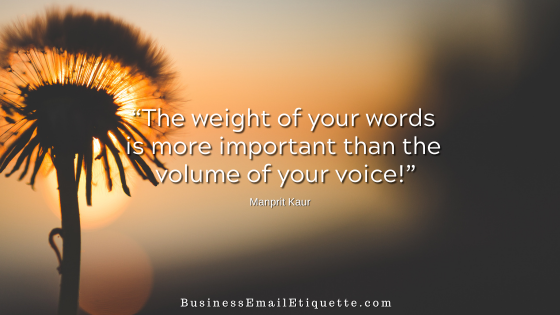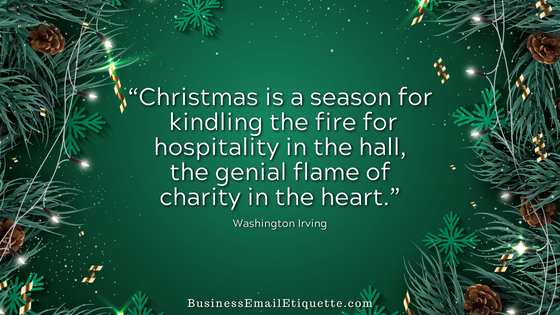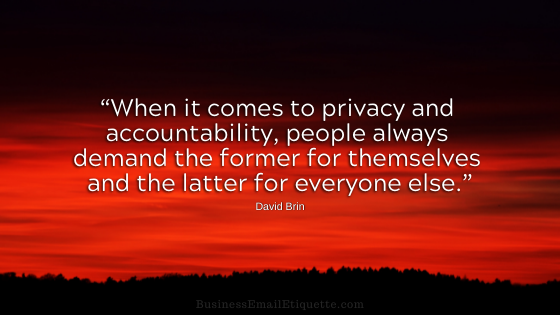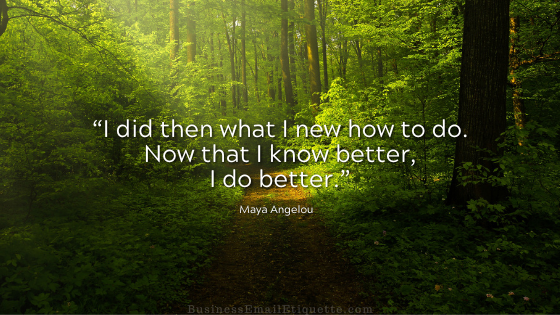Business Card = Email Opt-In?
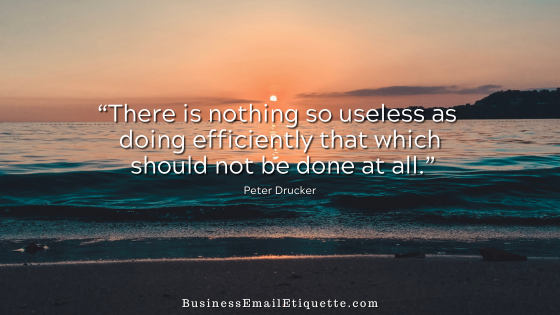
Networking is a huge part of any business career. And, in the process, you end up with stacks of business cards that get exchanged for future reference. But what can or should you do with the information on those cards?
Since it is your business card, they probably assume your tacit approval to contact you about business matters. Otherwise, why did you give them your card? But you are correct; there is a better approach.
They should always ask before manually adding anyone to any business email list. Exchanging contact information does not mean they have full approval to add you to any list or lists that benefit them. Otherwise, they are spamming you.
You may want to get in the habit of stating, “Please do not put me on any mailing lists.” Then, hand them your card.
Always Ask Before Emailing
Because you receive someone’s business card does not permit you to add them to your email lists. Period. You should acquire the cardholder’s permission to add them to any mailing list you may have before doing so.
For new contacts, the best approach may be to email and say how nice it was to meet them. Then, in that email, ask if they would mind being added to your list. Without this extra courtesy, you risk being labeled a spammer.
Social Networking
LinkedIn is all about business networking. It is the online comparison to offline networking events.
Sometimes those you may not know very well at first become great networking opportunities. LinkedIn works because interested parties have to ask and get your approval before they are added to your network.
So if someone asks because they want to network with you, there is nothing wrong with that. All you have to do is decline if you are not interested.
Networking is about getting to know others better so you can — network. Therefore, there is no harm in accepting a LinkedIn connection request to be added to your network so that you have that opportunity. That is if there is synergy at some level where it makes sense for both sides.
Again, you do have the opportunity to decline. I used to decline all the time because I could tell by the requestor’s profile they were looking to sell me something. Because this became so prevalent, I no longer have a LinkedIn account. I am blessed that my business is so established that I don’t have to network or be annoyed by all the requests that would not benefit me in any way.
Folks search LinkedIn to build their business, career and learn from others. It could be that they have found enough about you and your business to want to know more. And that’s a good thing!
I agree that folks should be more discriminating regarding those they choose to network with. There is only so much time in the day, after all. Unfortunately, too many are just collecting a list of connections which is not a focused or practical approach.
Net”work”ing Means You Work at It
The larger the number of those in your network, the more difficult it is to keep tabs and connect individually. I see some users with thousands in their network. I wonder how many they have actually interacted with personally before adding them to their network.
If I can’t determine where networking would be mutually beneficial, or I know, based on my years of experience, they want to pitch their services to me, I decline. You always have that option — even after the fact.
Unlike many online, I’m not into the number of followers I have. Nor do I worry about the number of folks in my network. Instead, I prefer to add those that I know, have communicated with, and can look forward to a mutually beneficial relationship.
When used correctly, business cards and networking requests can lead to new business when it makes sense to connect. Always be on the lookout to connect with those whose skillsets, services, or companies that can complement yours. Then, make the effort to get to know them.
